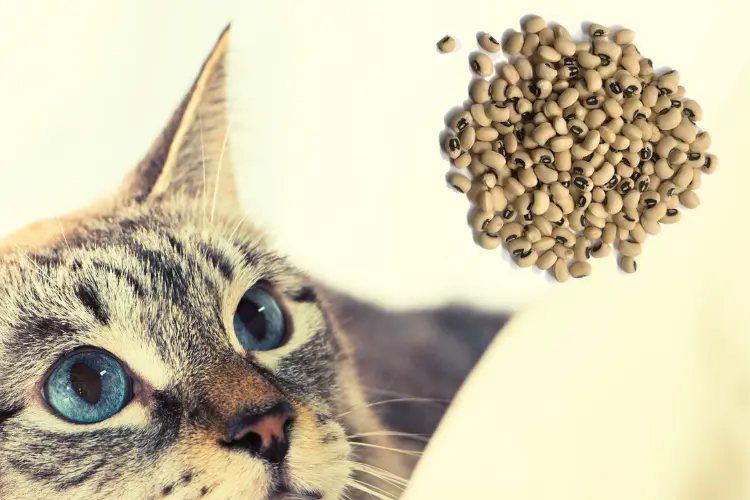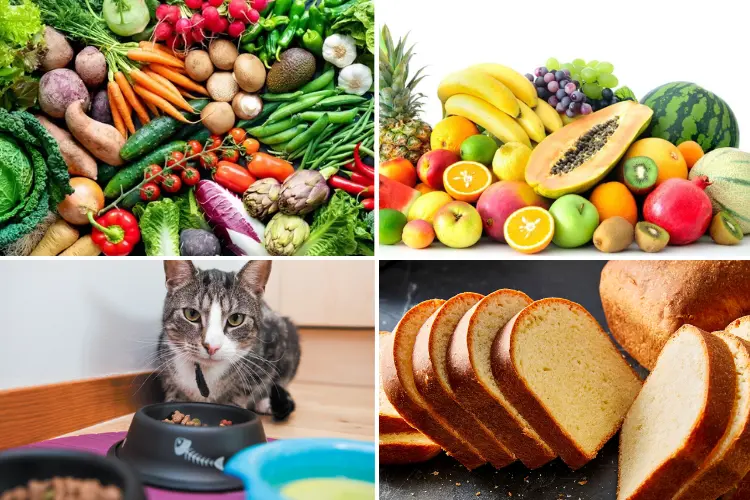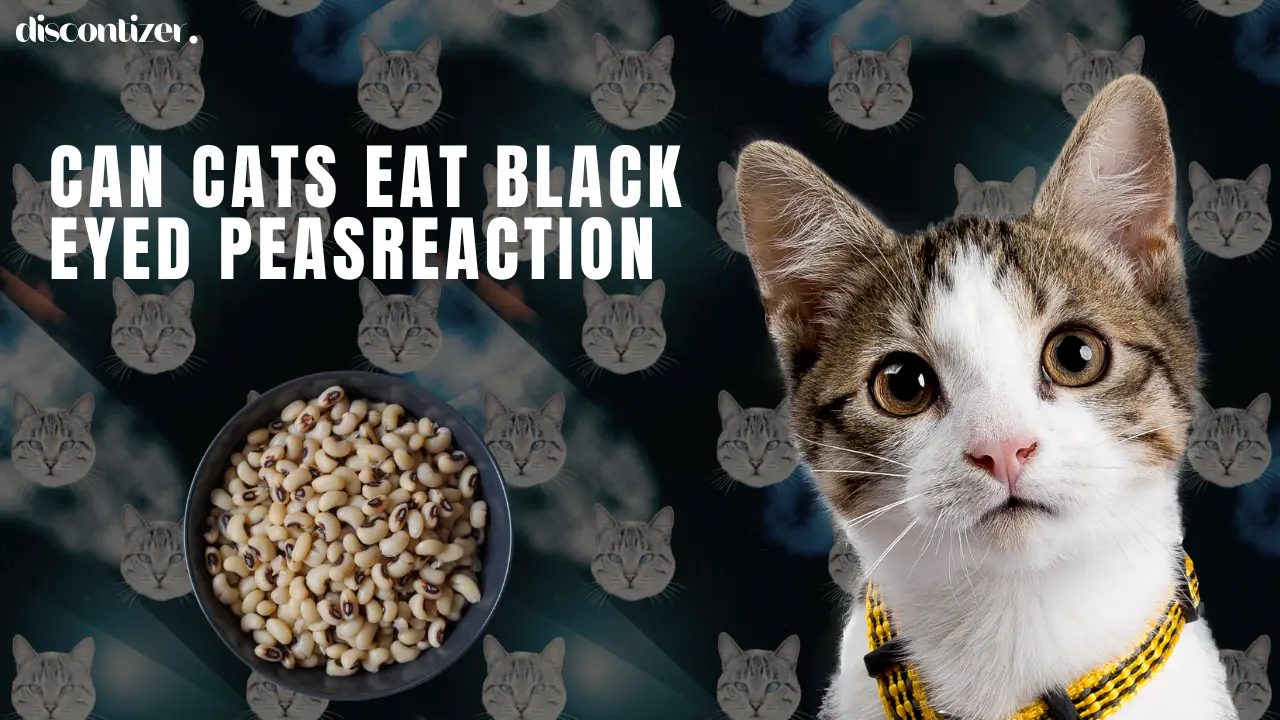Can Cats Eat Black Eyed Peas?
Black-eyed peas are a staple in many cultures, offering various dishes a delicious and nutritious boost. But what about our feline companions?
Can cats safely enjoy these black-eyed peas? The answer, unfortunately, isn’t a simple yes or no.
Why Black-Eyed Peas May Not Be the Best Choice for Your Kitty:
While black-eyed peas themselves aren’t toxic to cats, they pose several potential risks:
Digestive Issues
Cats are obligate carnivores, meaning their digestive systems specialize in processing meat. Their bodies lack the enzymes to break down complex carbohydrates like those found in beans properly.
Eating black-eyed peas could lead to bloating, gas, vomiting, diarrhea, and other digestive upset.
Related: Can Cats Eat Crawfish?
High Sodium Content
Canned black-eyed peas often contain high sodium levels, which can harm cats. Excess sodium intake can lead to kidney problems, dehydration, and even seizures.
Seasonings and Additives
Black-eyed peas are often cooked with seasonings like onions, garlic, and chili powder, all toxic to cats.
Also, canned varieties may contain preservatives and other additives that can upset your cat’s stomach.
Related: Can Cats Eat Chorizo? A Risky Treat for Cats

Safer Alternatives for Your Cat’s Diet:
If you’re looking to add some variety to your cat’s diet, there are plenty of safe and healthy options available:
- Lean protein: Cats thrive on high-quality protein sources like chicken, fish, and beef. These provide them with essential nutrients for growth and development.
- Vegetables: Certain vegetables like green beans, broccoli, and carrots can be offered in small amounts as occasional treats.
- Fruits: Some fruits, like bananas and blueberries, can be enjoyed in moderation. Permanently remove the peels and seeds first, as they can be harmful.
- Commercially prepared cat food: Cat food formulated by veterinarians provides your feline friend with all the nutrients they need for optimal health. Choose a high-quality brand that meets the AAFCO nutritional standards.
Related: Can Cats Eat Mustard? Exploring the Safety of Your Feline Friend

Consulting Your Veterinarian:
Before introducing any new food to your cat’s diet, it’s always best to consult your veterinarian.
They can advise you on safe options and appropriate portions based on your cat’s needs and health conditions.
Related: Can Cats Eat Graham Crackers?
My Final Thoughts:
While black-eyed peas aren’t inherently toxic to cats, they are best avoided due to their potential digestive upset and high sodium content.
Opting for safe and healthy alternatives ensures your cat receives the proper nutrition while avoiding unwanted health risks.
Always prioritize your veterinarian’s guidance regarding your cat’s dietary needs.
Related: Can Cats Eat Bologna?
Check the related videos on YouTube at K9 Magazine Free:
Frequently Asked Questions
No, black-eyed peas are not directly poisonous to cats. However, they can cause digestive issues and other health problems.
Canned black-eyed peas are often high in sodium, which can harm cats. They may also contain toxic seasonings and additives.
Lean protein like chicken, fish, and beef, certain vegetables like green beans and broccoli, and some fruits like bananas and blueberries are safe for cats.
Cats lack the enzymes to properly break down complex carbohydrates in beans, leading to potential digestive issues.
It’s always best to consult your veterinarian before introducing new food to your cat’s diet, especially black-eyed peas, due to potential health risks.

